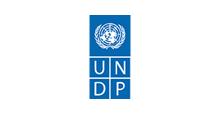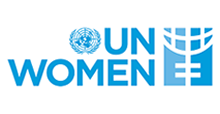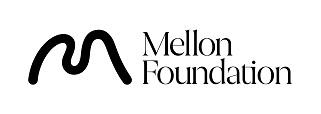
The challenges facing Philosophy specifically and the Humanities disciplines generally must be appreciated within the broader context of a hegemonic instrumental/technical rationality that has emerged with the onset of the industrial revolution, and has eclipsed all other forms of lifeworlds. On the one hand, the emergence of the instrumental rationality has meant improved (although not perfect) health care, more comfortable and faster transport, better utilities in our homes and public places etc. Over all, there is improved standards of living as a result for many. But visible benefits have been matched by noticeable losses in some quarters. What have been lost are the hermeneutical, interpretive, dialogical, and communicative rationalities essential for the smooth and humane running of societies. It is as if planet earth is now populated by robots who only need technical laws of stationing themselves, and not mutually discussed and agreed ethical and normative values for communal living.
Note that the challenge posed by the development of technological consciousness, are not to be blamed on the scientific disciplines per se; rather, it has got to do with the way academicians policy makers, administrators and politicians have addressed the developments. So whereas in some quarters there have been noticeable appreciation of the development of the instrumental consciousness; at the same time space has been spared for the contribution of the humanities to the sciences. In other quarters, there have emerged serious questioning of the humanities, denigrading them as parasitic if not outright trivial. Political outbursts against these disciplines a cross a large section of Uganda’s political elite needs to be appreciated against that backdrop.
But there have been, in some other quarters, those who have appreciated the role of the humanities and are putting them centre stage in academic programmes of study. China, for example, with its fast developing technological economy has/or is at the forefront of underscoring their Confucian philosophy in the firm belief that a technological rationality can only be anchored and advanced when it is philosophically grounded. The Confucian concept of Dao- the way, is part of the curriculum Universities in China give to their students and it is no wonder we even have a Confucius Centre developed in Makerere University. China, additionally, has Schools of Ideology in virtually all important universities-with the same objective in mind.
German, another leader in technological advancement is also, at the same time, the epicentre of what is called European continental philosophy-to the extent that German philosophy can be easily misunderstood to be what defines philosophy.
The challenge we need to address in Makerere is how to appreciate the double role of on one hand the instrumental technical civilisation and at the same time appreciate the interpretive, phenomenological, humanistic disciplines on the other hand.
Against the global backdrop that highlights the challenges, but also the opportunities of Philosophy and other humanities discipline; we in this project, bring this debate to Ugandan context, trace the historical evolution of the humanities discipline in Uganda, by mapping out how the have operated over the years. What motivated them during their heydays? What demoralised them? What challenges have they faced along the way? How have they dealt with those challenges? What has worked? What has not? How have leaders who ever bothered to think about academics matters thought about the dichotomous and sometimes ambiguous relationship of the humanities and science.









